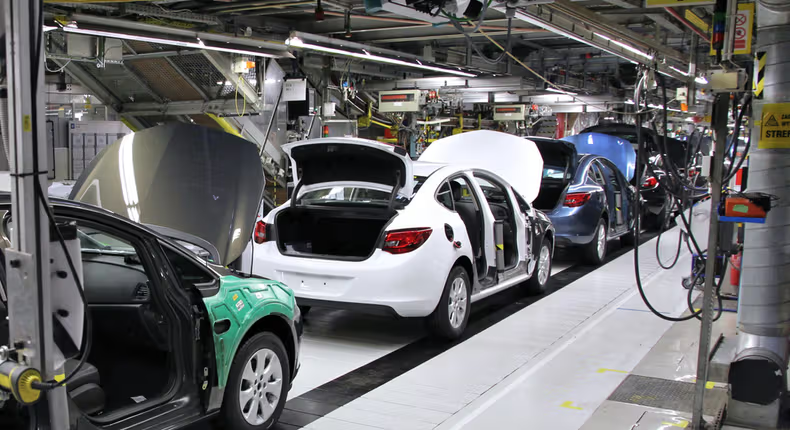The South African automotive sector, one of the country’s biggest industrial employers, is facing another major blow. Ford Motor Company of Southern Africa has announced it will cut more than 470 jobs across its operations, citing the need to adapt to challenging market conditions.
The breakdown of the job cuts includes 391 operator roles at the Silverton assembly plant in Pretoria, 73 positions at the Struandale engine plant in Gqeberha, and 10 administrative jobs. The company explained that the downsizing is aimed at “optimizing efficiency” and responding to shifting consumer demand, falling local sales, and an influx of cheaper imported vehicles.
Union leaders have warned that the layoffs are a stark signal of trouble for the wider industry. Willie Venter, Deputy General Secretary of the Solidarity union, said the move reflects deep-rooted problems—ranging from economic pressures and policy uncertainty to weak government support. He also cautioned that without urgent reforms, more companies may be forced to cut jobs or close.
This is not an isolated development. Over the past two years, South Africa’s auto industry has seen 12 company closures and more than 4,000 jobs lost. The sector’s local content rate has dropped to just 39%, far below the government’s 60% target, further weakening competitiveness. In addition, new U.S. tariffs have placed pressure on automotive exports, affecting an estimated R28.7 billion worth of trade.
The layoffs highlight the fragile state of a sector that directly employs 115,000 people in South Africa. With automakers such as Ford, Volkswagen, Mercedes-Benz, and Toyota all calling for stronger support, the government faces increasing pressure to provide incentives—particularly for electric vehicles and component manufacturing—to prevent further decline.
While South Africa’s auto industry struggles, other African markets are expanding rapidly. Morocco and Egypt have seen sharp growth in new car sales, underscoring the urgent need for South Africa to stabilize its sector and protect jobs in a globally competitive market.
The coming months will be crucial in determining whether South Africa can revive its once-thriving automotive industry or face continued decline.




